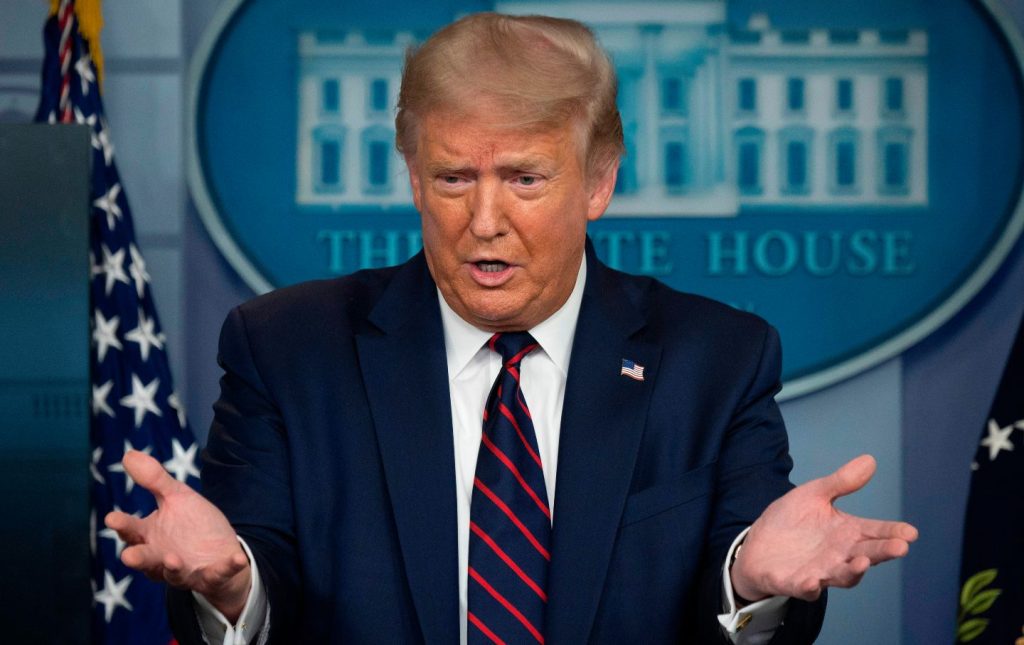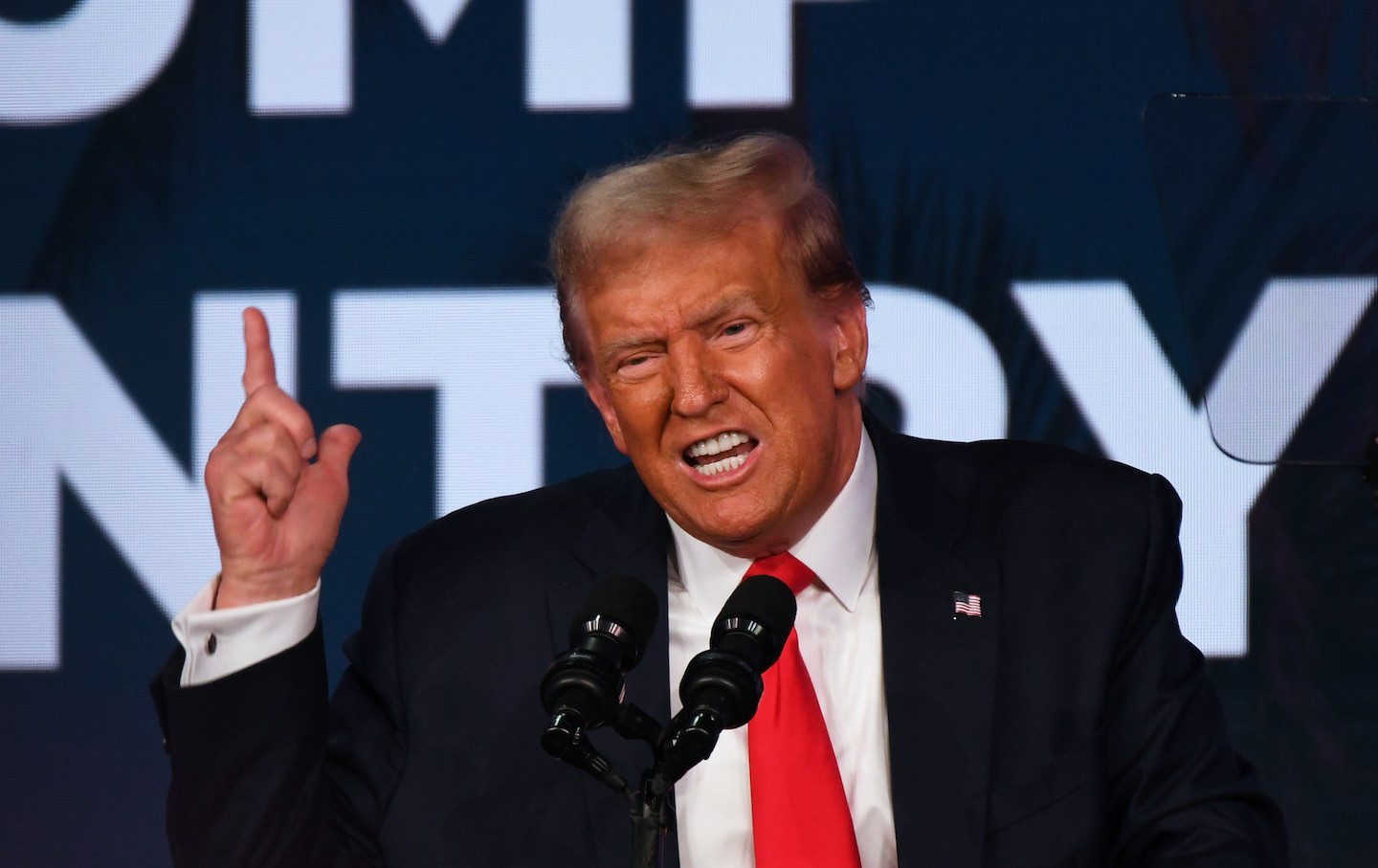In a recent rally in Portsmouth, New Hampshire, former President Donald Trump took a firm stance against the creation of a federal digital currency, branding it a “dangerous threat to freedom.” The proposal for a central bank digital currency (CBDC) has been a topic of discussion, with President Joe Biden’s call for additional research in a September 2022 executive order. However, Trump’s strong opposition has reignited the ongoing debate.
A central bank digital currency represents a digital version of a country’s currency issued by its central bank. In the United States, this would involve the Federal Reserve issuing a digital dollar, with the potential to be used similarly to its physical counterpart. Despite Federal Reserve Chair Jerome Powell’s emphasis in March that no concrete decisions had been made, the concept of a federal digital currency has faced resistance, particularly within the Republican party.

“Such a currency will give the federal government, our federal government, the absolute control over your money” D.J. Trump
Trump’s concerns center on the potential threat to individual freedoms, as he argues that a federal digital currency would grant the government unprecedented control over people’s finances. He asserted, “They could take your money. You wouldn’t even know it was gone. This would be a dangerous threat to freedom.” This sentiment aligns with broader apprehensions about privacy and government overreach.
Joining the chorus of opposition, Republican presidential candidate and Florida Governor Ron DeSantis signed a bill in May prohibiting the use of CBDCs in Florida. DeSantis argued that digital currencies could be exploited to enforce government control over citizens’ behavior, stating concerns about potential restrictions on transactions, such as purchasing gasoline or firearms.
The debate surrounding CBDCs has wider implications for the cryptocurrency market, particularly established digital currencies like Bitcoin (BTC) and others. Critics of CBDCs see them as a potential threat to decentralized cryptocurrencies, arguing that a government-controlled digital currency undermines the fundamental principles of financial autonomy and privacy.
Proponents of decentralized cryptocurrencies view Trump’s opposition to a federal digital currency as a positive development for the ongoing bull market. The argument is that the absence of a centralized digital currency allows decentralized cryptocurrencies like Bitcoin to continue flourishing without interference from government control. The belief is that this newfound freedom could contribute to sustained growth and bullish trends in the cryptocurrency market in 2024 and beyond.
While the battle between proponents and opponents of CBDCs rages on, the impact on the cryptocurrency market remains speculative. The future trajectory of Bitcoin and other major digital currencies will likely be influenced by the evolving dynamics of government regulations, technological advancements, and the broader economic landscape.
Follow us on Twitter:

















